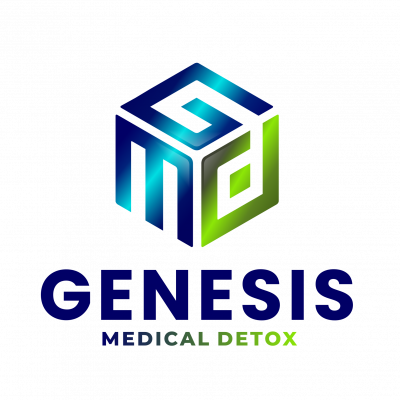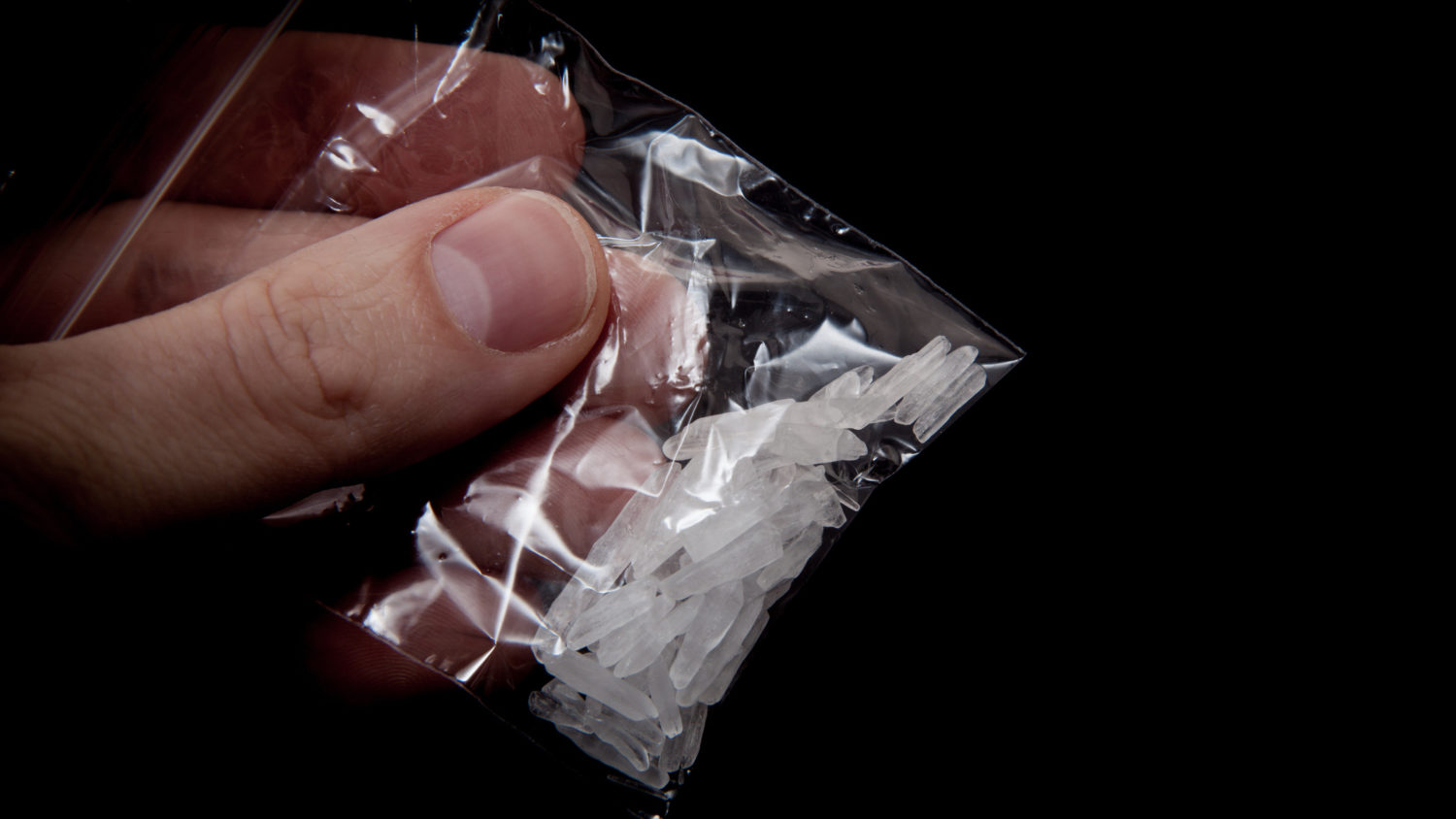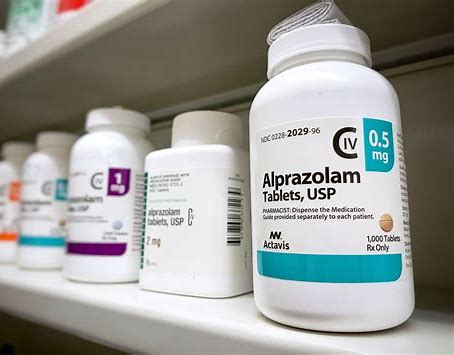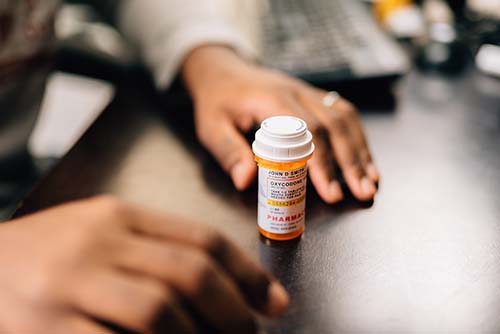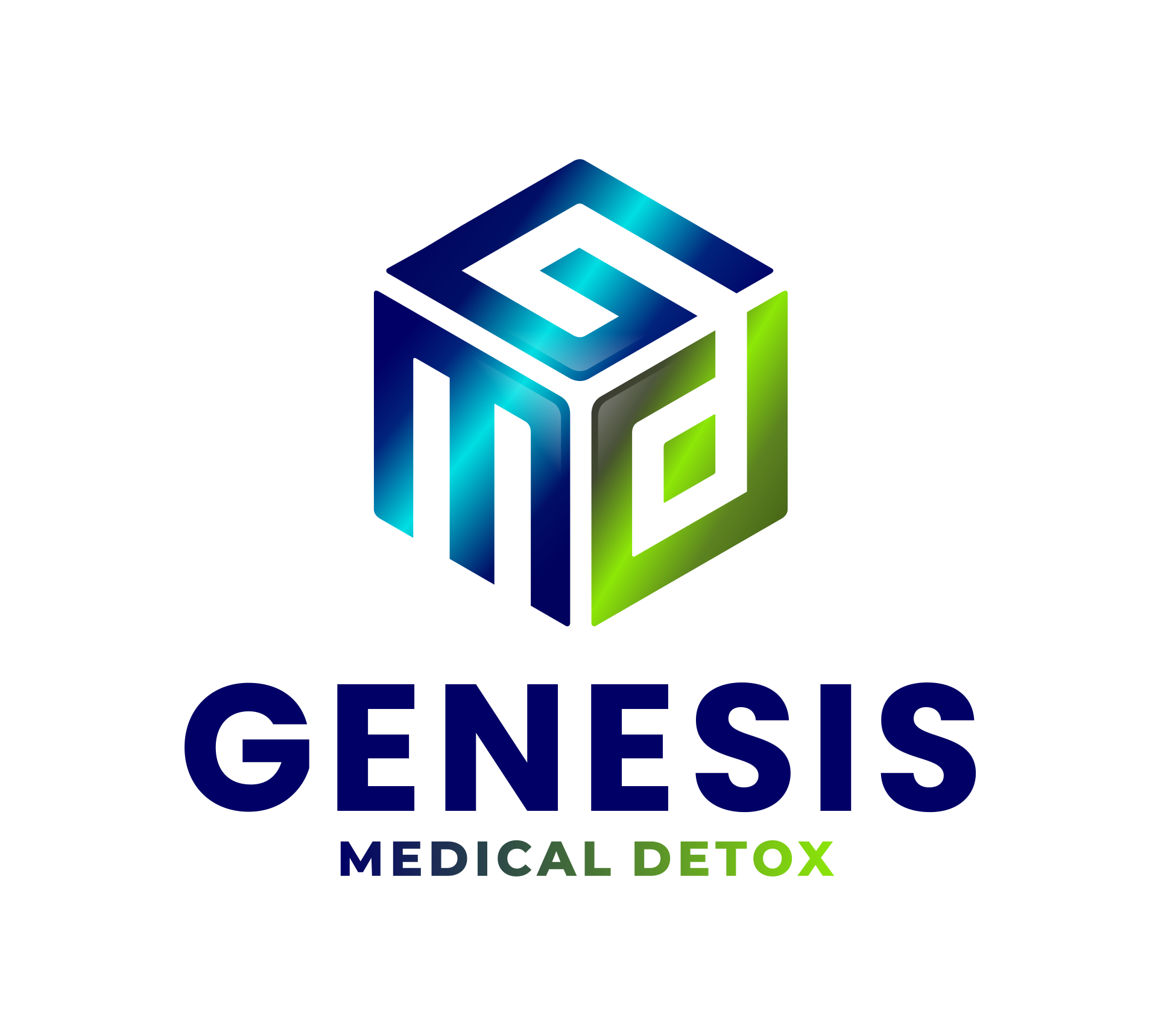Cocaine is a highly addictive drug that affects the brain’s reward center, leading to euphoria, energy, and confidence. However, prolonged use of the drug can lead to dependence and addiction, which is challenging to overcome.
One of the most challenging aspects of overcoming cocaine addiction is withdrawal. This blog post will answer some of the most common questions about cocaine withdrawal, from symptoms to recovery.
Question 1: What Is It Like to Suffer Withdrawal From Cocaine?
Drug withdrawal is an all-too-familiar experience for many individuals who have used or been addicted to cocaine. Withdrawal can be challenging, as it presents overwhelming physical and psychological symptoms.
The following are some key points that can help you better understand what it is like to suffer from cocaine withdrawal:
- Symptoms may begin within hours after cessation of use but typically peak in intensity between two to ten days later.
- Physical symptoms may include agitation, appetite or sleep patterns changes, and tremors or shaking.
- Cognitive and emotional symptoms may include depression, extreme cravings for cocaine, disorientation, anxiety, paranoia, and difficulty concentrating.
- Other psychological effects can include mood swings, irritability, hostility toward those around them, and suicidal thoughts.
- Treatment approaches for cocaine withdrawal are highly personalized but typically include medication to manage cravings, emotional support from family and friends, and cognitive-behavioral therapy to help manage the symptoms of addiction.
Question 2: What Are the Withdrawal Symptoms of Cocaine?
Withdrawal symptoms from cocaine can be difficult to cope with, but understanding them is the first step toward recovery. Cocaine withdrawal occurs when someone stops or reduces their drug use after regular use and is characterized by a range of physical and emotional effects.
Common cocaine withdrawal symptoms include:
- Intense cravings for the drug
- Anxiety
- Depression
- Increased appetite, leading to weight gain
- Sleep disturbances, such as insomnia or hypersomnia.
It is essential to recognize that cocaine withdrawal is a real medical condition, and it can be challenging to cope with the symptoms alone. If you are struggling with cocaine withdrawal symptoms, know that you are not alone and help is available. Reach out to a medical professional or addiction specialist for support in managing your symptoms and getting back on the path to recovery. With the proper treatment, you can overcome cocaine withdrawal and start living a healthier life.
Question 3: How Long Does Cocaine Take to Leave the Body?
The amount of time it takes for cocaine to be entirely out of the system depends on factors such as how much was used, how often it was used, and the individual’s metabolic rate.
Generally, cocaine can stay in your system for about one to four days after use. However, traces of cocaine metabolites can be detected for up to a month after use in the majority of people. Cocaine is a highly addictive stimulant drug, and its effects can last for several days, so it’s essential to seek help from a professional if you think you may have a cocaine addiction.
Question 4: Can You Die From Cocaine Withdrawal?
Cocaine withdrawal symptoms can be extremely difficult to cope with. In some cases, they may even be life-threatening. At Genesis, we understand that the journey toward recovery is long and requires unwavering dedication and patience.
Our dedicated team of medical professionals provides compassionate care designed to support individuals through this challenging period and help them make it to the other side of recovery. We use evidence-based treatments and cutting-edge technology to ensure our clients have the best chance of a successful detox and long-term sobriety. If you or a loved one are suffering from cocaine addiction and need help getting on a path to long-term recovery, please don’t hesitate to contact us today. Our team is here for you every step of the way.
Question 5: Can You Detox From Cocaine at Home?
Detoxing from cocaine without medical supervision leaves individuals vulnerable to relapse due to cravings for the substance. While some people may experience mild withdrawal symptoms during the cocaine detox, others can suffer severe and potentially life-threatening symptoms.
If you are considering quitting cocaine, the best action is to seek professional help.
Addiction treatment programs can provide you with personalized care and support during the recovery process. Treatment plans typically include detoxification services, psychotherapeutic counseling, medication-assisted treatment, lifestyle changes, and aftercare planning. With proper medical attention and peer support in recovery, individuals can more effectively manage their symptoms and reduce the risk of relapse.
Question 6: How Long Does It Take to Recover From Cocaine Addiction?
Cocaine addiction can be a difficult journey to overcome. Recovery is possible with the right help and support, but it will take time. The length of recovery depends on many factors, including the severity of the addiction, how long you’ve been using cocaine, whether you have any underlying mental health issues or other addictions, and your commitment to recovery. Generally speaking, achieving long-term sobriety can take anywhere from 6 months to a year or more.
The recovery process involves changing your lifestyle and habits, such as avoiding triggers that could lead you back to using cocaine. You will likely also need professional help to address the underlying issues that led you down the path of addiction in the first place.
Question 7: How Can I Beat a Cocaine Addiction in Private?
At Genesis, we understand that seeking help for cocaine addiction can be incredibly difficult and intimidating. That is why we strive to provide an environment filled with compassion and understanding. We specialize in providing private detox care, allowing clients to break free from the bonds of their addiction without fear of judgment or shame.
Your Cocaine Withdrawal Journey Begins with Genesis Medical Detox
Cocaine withdrawal can be a challenging experience that requires medical assistance. Seeking support from addiction professionals and participating in treatment programs can increase the chances of long-term recovery.
Our team of dedicated professionals offer around-the-clock care and monitoring throughout the entire detox process. We provide comprehensive medical services, including medications to alleviate withdrawal symptoms, therapy sessions with certified addiction counselors, and nutritional guidance to ensure each client is on the path to recovery. If you or someone you know is struggling with addiction, seek help today. Genesis Medical Center is here to provide compassionate and supportive care for those in need.
